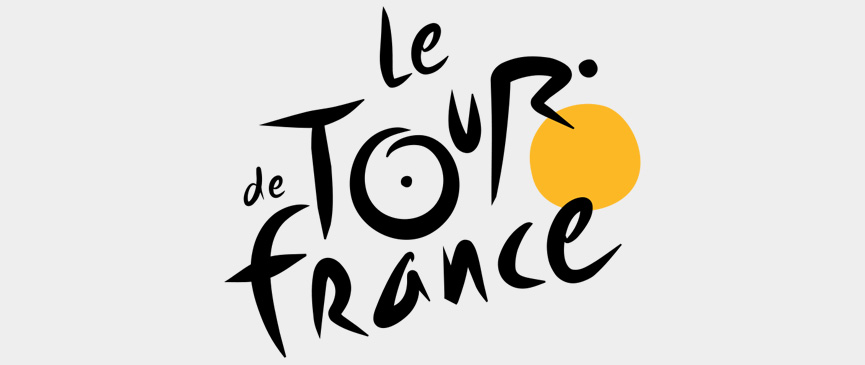The Princess of Asturias Foundation
Sección de idiomas
Fin de la sección de idiomas
Sección de utilidades
Fin de la sección de utilidades
- The Foundation
- HM The King
- HRH The Princess of Asturias
- 2023 Special
- Princess of Asturias Awards
- Area of Communication and Media
- Music Department
- Exemplary Town of Asturias Award
- 2012 Special
- 2013 Special
- 2014 Special
- 2015 Special
- 2016 Special
- 2017 Special
- 2018 Special
- 2019 Special
- 2020 Special
- 2021 Special
- 2022 Special
-
Important: COVID-19
-
Terms of Use
You are in:
Laureates
Start of main content
The Tour de France
Prince of Asturias Award for Sports 2003

The project to organize a bike race around France, the Tour, was conceived on the 20th November 1902. Géo Lefèvre and the editor of the L'auto newspaper, Henri Desgrange, came up with the idea. Lefèvre was working at the time as a journalist for L'Auto, and suggested organising a six-day bike race around France's main cities to his boss. The first Tour got under way on June 1st 1903, with sixty cyclists setting off from Paris for Lyon. There were six stages spread over eighteen days, covering 2,428 kilometres. Only 21 riders made it to the finish line, with the Tour being won by Maurice Garin, a thirty-two year old, Italian-born chimney sweep. Now, a century later, the Tour is the world's third biggest sporting event, after the Football World Cup and the Olympic Games.
Gino Bartali, an Italian known as 'the flying monk' because of his deeply religious convictions, ushered in the Tour's modern era. He won his second Tour at the age of thirty-four, ten years on from his first victory. Luison Bobet won three Tours in succession, and in 1961 Jacques Anquetil, remembered as the most stylish man to take to a bicycle, set the record, finishing the Tour at an average speed of 37.3 kilometres per hour. Anquetil chalked up five victories, as did Eddy Merckx from Belgium, Bernard Hinault from France and Miguel Induráin (the 1992 Prince of Asturias Award for Sports winner). The youngest winner in the history of the Tour is Cornet, who won in 1904 at the age of twenty.
Nowadays, the Tour includes new stages in Spain, the United Kingdom, Belgium and other countries, as an expression of a Europe that aspires not only to political and economic unity, but to unity in sport as well. Its founder, Henri Desgrange, died in 1940. His definition of the competition was, 'Man's struggle against his own suffering'.
End of main content
Sección de utilidades
Fin de la sección de utilidades
- Legal document Legal document (Access key 8)
- | Privacy policy Privacy policy (Access key )
- | Social networks ???en.portal.pie.menu107.title???
- | Cookies ???en.portal.pie.menu110.title???
- | Site map Site Map (Access key 3)
- | Contact Contact (Access key )
- | XHTML 1.0
- | CSS 2.1
- | WAI 'AA
© Copyright 2024. FUNDACIÓN PRINCESA DE ASTURIAS



